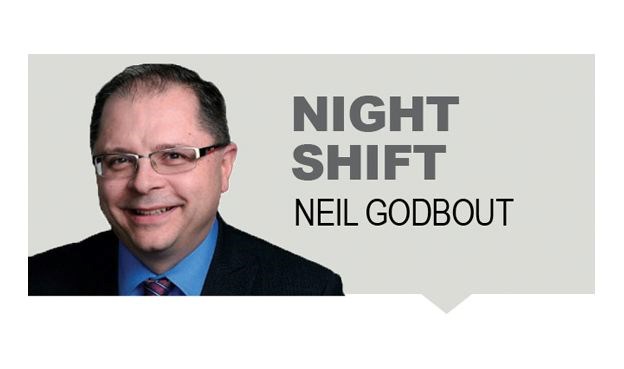Over the past few weeks, Cindy Blackstock has been hosting a tutorial on systemic racism on her Twitter account.
The executive director of the First Nations Child and Family Caring Society of Canada, Blackstock was born in Burns Lake. Along with her honourary doctorate from UNBC, this amazing Gitzsan woman has a PhD from the University of Toronto and is a member of the social work faculty at McGill University.
In other words, her life experience and her education makes her uniquely qualified in helping all Canadians understand what systemic racism looks like for Indigenous peoples in this country.
She has been tagging her posts with “#fairnessforeveryone” because fairness is where many white folks falter when it comes to even acknowledging the existence of systemic racism. As a white male in his 50s, I was taught the history of Canada’s settlers in elementary school in the 1970s and high school in the 1980s.
I was taught about Samuel de Champlain and John Cabot, Simon Fraser and Alexander Mackenzie.
I was not taught about how European diseases decimated the Indigenous population and then residential schools were used as a genocidal weapon on the people that were left.
A former policy advisor to Pierre Trudeau taught my university course in Canadian history, who fondly added numerous behind-the-scenes anecdotes about “Pierre.”
He did not teach us about Trudeau’s 1969 White Paper that called for eliminating the Indian Act because the special status it conferred on Indigenous peoples collided with Trudeau’s idealistic view that all Canadians should be treated “fairly,” whatever their race, language or background.
Naturally, the last people to find out about this policy proposal were the very people it affected because consultation was unheard of and educated white men like my history prof knew best, just ask them.
The example is half a century old but that’s what systemic racism looks like and, as Blackstock clearly shows in her Twitter thread with numerous examples, it remains a huge, unresolved problem.
There are really just two responses from non-Indigenous Canadians who were taught a whitewashed version of the national history as heroic white settlers conquering a vast, dangerous wilderness.
We can continue to cling to a vision of Canada’s past that is little more than a racist lie or we can recognize our education was incomplete, at best.
We can continue to cling to what Black scholars call “white innocence” – the notion that because we didn’t know, we’re therefore absolved of any responsibility to change the systemic racism that has benefited us our entire lives. Or we can recognize that we should be better than our ancestors and we must teach our children to be better than us.
We can continue to demonize, trivialize and marginalize Indigenous people and, with a straight face, claim that we still know what’s best for “those people” and we’re doing all we can to address their suffering. Or we can recognize that reconciliation lifts everyone up, makes everyone better, and forges a stronger, more complete Canada.
We can be on the wrong side or the right side of historical progress.
We can maintain a system of fairness that is clearly unfair or we can revise our notion of fairness to truly include everyone.
#fairnessforeveryone.



